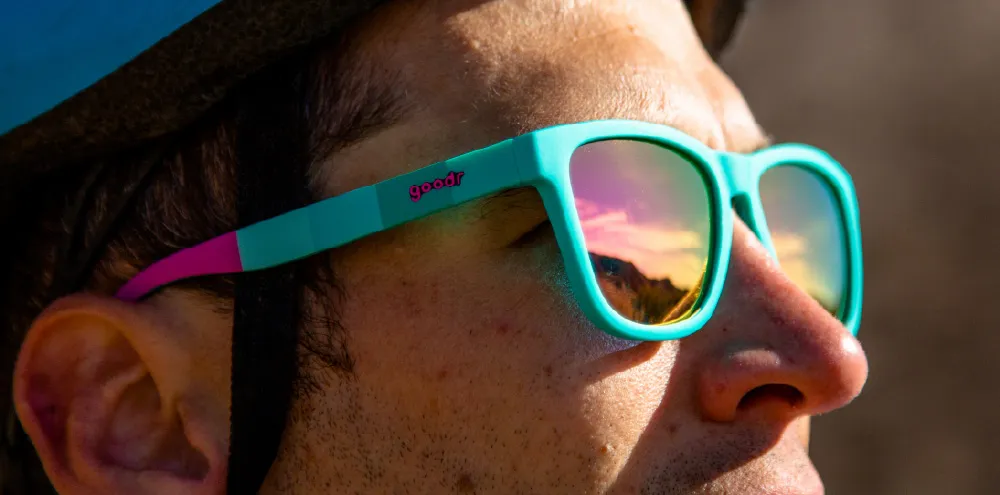Nordic racing, over the last ten years or so, has evolved significantly in terms of distances and formats. We have more mass starts, more sprints, all types of variations of the pursuit, and other events like sprint relays. While the question of whether or not these are positive developments has been the subject of fairly frequent debate, the question of how to confront it as a racer seems to surface less often.
We have seen athletes concentrate on particular distances or techniques, but we don’t often hear about what they were thinking when they made these decisions. In North America, for instance, we have seen a number of athletes decide to “specialize†in sprinting. Sport governing bodies like the US Ski Team and Cross Country Canada have recognized that, arguably, doing well in these events requires specific training which might actually place these athletes at a disadvantage in longer events. They have therefore opted, in some cases, to have qualification for national teams designed to encourage sprinters. Likewise, we have read about athletes and teams in both Europe and North America that concentrate on long distance events such as the FIS Marathon Cup and the American Ski Marathon Series.
Nevertheless, an athlete facing the decision of whether or not to specialize faces some rather tough questions: How to train, what races to choose, will it be possible to qualify for teams and trips as a specialist etc. Arguably, the most important question is what does the athlete really want to do from the perspective of gut instinct and emotion. In a certain sense, one might say that we are conditioned to believe that certain events are the most important: The Olympics, World Championships, World Cups, National Championships, national team qualifying races etc. One might recognize, however, that while what you really love is sprinting or marathon racing, if you want to succeed in terms of something approximating the above, you are best to continue doing everything. This makes the decision to specialize both difficult and somewhat risky.
At the bottom of it all is personal satisfaction, or what is ultimately important to the individual racer. For a personal example, last winter I was faced with a bit of a tough decision. I have always been particularly interested in long-distance racing, but have never trained specifically for it. For me, the two most appealing North American marathon races this year were the Keskinada, Canada’s Worldloppet, and the American Birkebeiner, both a Worldloppet and FIS Marathon Cup. The trouble was, they were not only one week apart, but also not very long before the Canadian Championships, where I also hoped to do well. Knowing that I could expect that both marathon races would be physically very demanding, it was obviously a bit risky to attempt both races while still hoping for good results at the Canadian Championships. In the end, I opted to take a chance and do the events I was really interested in. I was not the least bit disappointed. The Keski and the Birkie ended up being my two best and most favourite races of the year. Things didn’t go the way I had hoped at Canadians, but, at least as far as I can tell, it had more to do with a combination of non-training related errors and bad luck than it did with my physical condition. In any case, the bottom line was that I was left with no regrets, and that it was the right decision.
I would argue, therefore, that the location and strength of one’s passion should be allowed significant influence in making this type of choice. We should encourage athletes to pursue the events that they care most deeply about, whether it is sprinting, classic technique, marathon racing, or other. In the end, an athlete will rarely be disappointed having committed completely to their favourite races. On the other hand, if one compromises one’s passion for what is generally deemed to be important by the skiing community at large, significant scope for dissatisfaction exists. In addition, it would seem logical to assume that athletes are most likely to excel when they place their focus on what they care most about.
Given all the exciting new developments in our sport, the ski racing communities of both the US and Canada are likely to see some great results from people following their passions!



